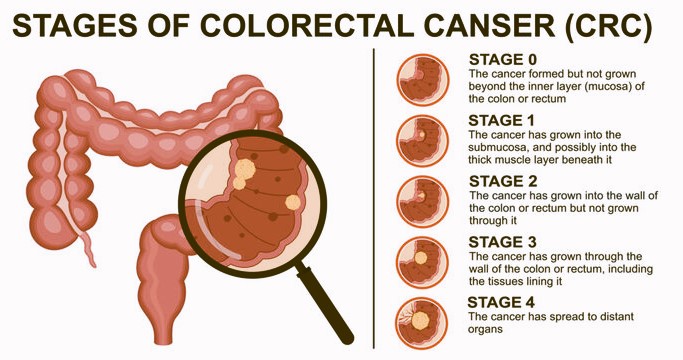Colon Polyps: Causes, Symptoms, Treatment, and Precautions
"Learn about colon polyps: causes, symptoms, treatment, and precautions to safeguard your digestive health effectively." Most colon polyps are harmless #Colon Polyps


Understanding Colon Polyps
Colon polyps are abnormal growths that develop on the inner lining of the colon or rectum. These polyps can vary in size and shape, ranging from small, flat lesions to larger, mushroom-like structures. While most polyps are benign, meaning they are non-cancerous, some can develop into colorectal cancer over time.
Causes of Colon Polyps
The exact cause of colon polyps is still unknown, but several factors may contribute to their development. Age is a significant risk factor, as polyps become more common as people get older. Other risk factors include a family history of polyps or colorectal cancer, a personal history of polyps, and certain genetic conditions such as familial adenomatous polyposis (FAP) or Lynch syndrome.
Symptoms of Colon Polyps
Most colon polyps do not cause any symptoms, which is why regular screenings are essential for early detection. However, some larger polyps or those located in certain areas of the colon may cause symptoms such as:
Rectal bleeding
Changes in bowel habits, such as persistent diarrhea or constipation
Abdominal pain or cramping
Feeling of incomplete bowel movements
Unexplained weight loss
Treatment of Colon Polyps
The treatment of colon polyps depends on their size, number, and characteristics. During a colonoscopy, a doctor can remove polyps using specialized tools. This procedure, known as polypectomy, is usually painless and performed under sedation. The removed polyps are then sent to a laboratory for further examination to determine if they are precancerous or cancerous.
If a polyp is found to be precancerous or if multiple polyps are detected, your doctor may recommend more frequent screenings or surveillance colonoscopies. In some cases, surgery may be necessary if the polyps are large, numerous, or if cancer is suspected.
Precautions for Colon Polyps
While the exact prevention of colon polyps is not guaranteed, there are several precautions you can take to reduce your risk:
Get regular screenings: It is recommended to start regular colon cancer screenings at the age of 50, or earlier if you have a family history of polyps or colorectal cancer.
Maintain a healthy lifestyle: Eat a balanced diet rich in fruits, vegetables, and whole grains. Limit your intake of red and processed meats, and avoid smoking and excessive alcohol consumption.
Exercise regularly: Engage in moderate physical activity for at least 30 minutes most days of the week.
Manage your weight: Maintain a healthy weight to reduce your risk of developing polyps.
Follow your doctor's recommendations: If you have a personal or family history of polyps or colorectal cancer, follow your doctor's recommendations for screenings and surveillance colonoscopies.
By understanding the causes, symptoms, treatment options, and taking necessary precautions, you can reduce your risk of developing colon polyps and potentially prevent the progression to colorectal cancer.
